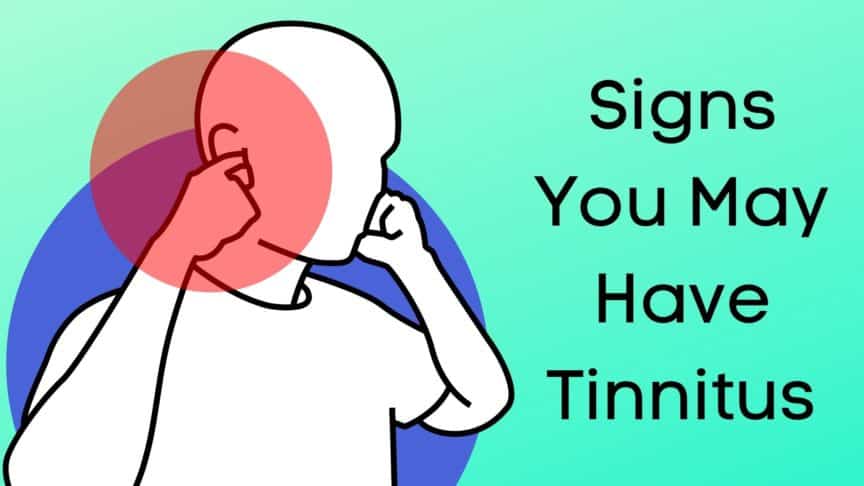- A Closer Look at Common Myths About Hearing Loss - May 7, 2024
- The Impact of Pets on Emotional and Hearing Health - April 26, 2024
- Strategies for Coping with Single-Sided Deafness - April 16, 2024
Have you been hearing a buzz in your ears at the end of a long day? Do you seek out quiet, only to be met with a persistent buzz? When these sounds seem to come from no external source, other than your own head, then it is most likely tinnitus. If this happens every now and then, it can be somewhat manageable, but when the buzz of tinnitus becomes persistent, it can feel debilitating.
Over 45 million Americans struggle with tinnitus, making it one of the most common health conditions in the United States. Nearly 20 million of those affected deal with burdensome tinnitus that returns on a regular basis, while about 2 million struggle with severe and debilitating tinnitus. What are the signs that your tinnitus has gotten bad enough that it needs to be addressed and treated?
What Causes Tinnitus?
According to the National Center for Health Statistics Studies, the prevalence of tinnitus increases to 70-85 percent in the hearing-impaired population, meaning that hearing loss and tinnitus are often closely related. If you’ve ever attended a loud concert or firework display and left with ringing in your ears, this not only means that you are experiencing tinnitus, but that you have also damaged your hearing. While the buzz usually will fade away, the damage to your hearing and inner ear has not.
Our brain hears, when sound is received via tiny hair-like cells in the inner ear. Loud noise and several other causes, such as old age, certain chemical exposure, head trauma and infection can damage the tiny cells leaving an individual with permanent hearing loss. Damage to these cells can also cause sound to misfire to the brain, which is perceived as symptoms of tinnitus.
Groups of People with a High Risk of Tinnitus
Certain people are at a higher risk than others of suffering tinnitus. For instance, age-related hearing loss tends to accelerate after the age of 60. Because tinnitus and hearing loss are related, the rates of both increase. Approximately 30% of all seniors experience tinnitus to some degree.
Another highly affected group are military and veterans, who have been exposed to extremely loud noises in battle or while using machinery. Tinnitus is the leading service-related disability among U.S. veterans. In fact, anyone who works or participates in regular activities that expose you to dangerous levels of loud noise are at a higher risk for tinnitus.
High Levels of Anxiety
If you have a history of depression, anxiety, and high stress, you may be particularly prone to experiencing burdensome tinnitus. While stress doesn’t cause tinnitus, it can make the symptoms much worse. This is because much of how tinnitus affects you, has to do with your response to it. If the buzzing or ringing is met with anxiety, it is likely that it can become the center of what you focus on. This is why many people turn to stress reduction techniques when dealing with their tinnitus. Exercise, yoga, acupuncture and meditation have all been fruitful for many in allowing their mind to direct focus away from stressful tinnitus and make it easier to focus on their life.
Is Your Tinnitus Interfering in Your Life?
How often do you hear a noise in your head? Does it only happen sometimes or is it constant enough that you need to seek help? While tinnitus is not considered a serious condition, it does have the potential to cause enough anxiety to interfere with sleep and affect concentration and safety. Ask yourself a few questions to know if this is a serious matter that needs professional attention:
- Does your tinnitus interfere with accessing joy in your life?
- Does your tinnitus keep you awake?
- Does your tinnitus keep you from relaxing?
- Does your tinnitus make you feel on edge or irritable?
- Are you bothered by your tinnitus over 50% of your waking hours?
If you answered yes to any of these questions, it is time to seek professional help. While there is no cure for tinnitus it can be treated by several methods. Because tinnitus and hearing loss are so often connected, you may find relief for your tinnitus by also treating your hearing loss. Make an appointment for a hearing test. We can help you understand your hearing loss and tinnitus and help you find the best treatments to get your symptoms under control.

